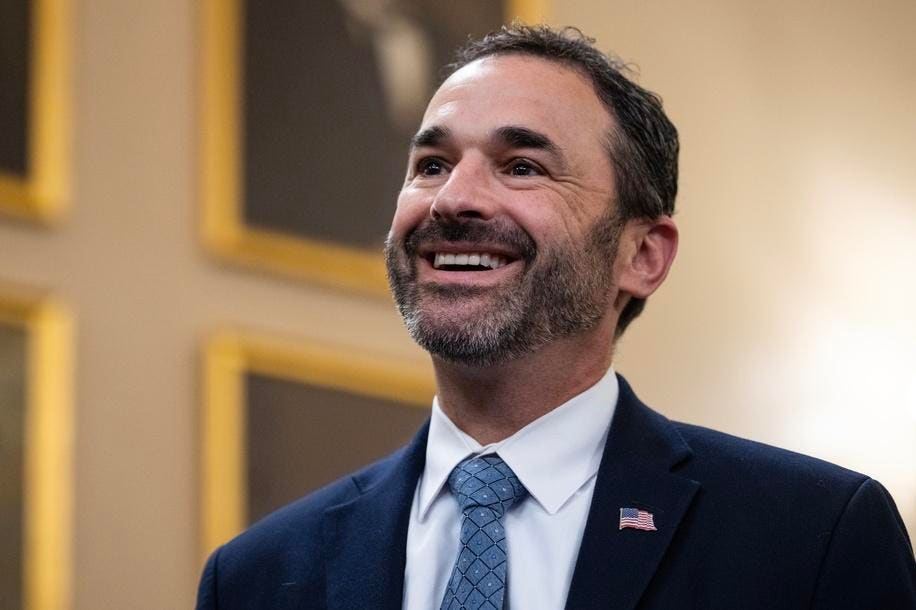The U.S. Department of the Treasury and IRS have announced that Direct File will be a permanent, free tax filing option available to all 50 states and the District of Columbia starting from the 2025 filing season. The program was previously piloted in 2024, limited to taxpayers with simple returns in 12 states, and was deemed a success with hundreds of thousands of users and millions in refunds saved. The goal is to expand Direct File to support all common tax situations over the next few years.
The Inflation Reduction Act tasked the IRS with developing a report on the costs of a free direct e-file tax return system, focusing on multi-lingual and mobile-friendly features while ensuring data security. Following the success of the pilot program, the IRS recommended making Direct File permanent. The Biden administration has allocated $75 million for the program, but further financial support may be needed as it expands to include more complex returns. The program is seen as a response to the IRS being underfunded for decades, making tax filing support inadequate for taxpayers.
Direct File has been met with positive reactions from various organizations and politicians who see it as a significant win for taxpayers, especially those in low-income communities. While Free File, another IRS offering, will continue to operate alongside Direct File, the IRS remains committed to its partnership with the Free File Alliance. Intuit Inc., the company behind TurboTax, saw its stock drop following the announcement, as Direct File poses a challenge to paid tax software services.
The IRS extension of the Free File program through October 2029 provides additional options for taxpayers, while Direct File aims to simplify the tax filing process and save taxpayers time and money. ProPublica’s previous reports on tax software companies like Intuit raising concerns about potential conflicts of interest and lobbying practices, while an industry group representing tax preparation companies criticized Direct File as costly and duplicative.
The permanence of Direct File as a free tax filing option represents a significant shift in tax filing practices in the United States, with the program aiming to make tax obligations more accessible and user-friendly for taxpayers. While the program may face challenges in terms of funding and expansion to include more complex returns, it has received positive feedback from taxpayers, advocates, and policymakers for its potential to simplify the tax filing process and provide free alternatives to traditional tax preparation services.


